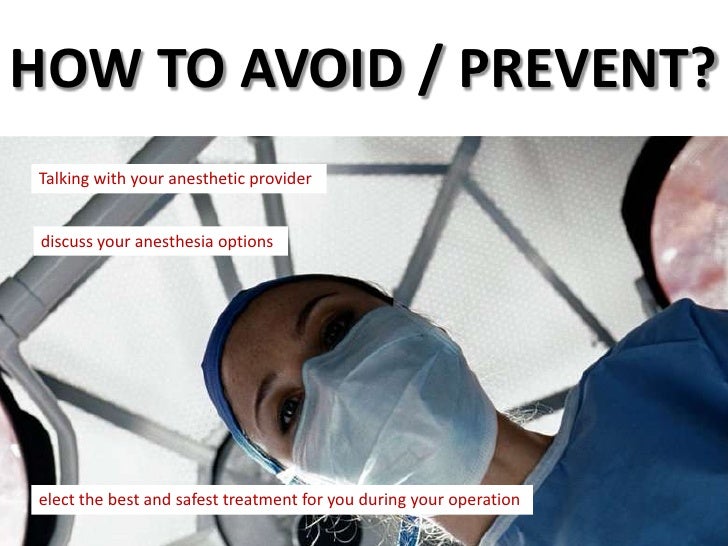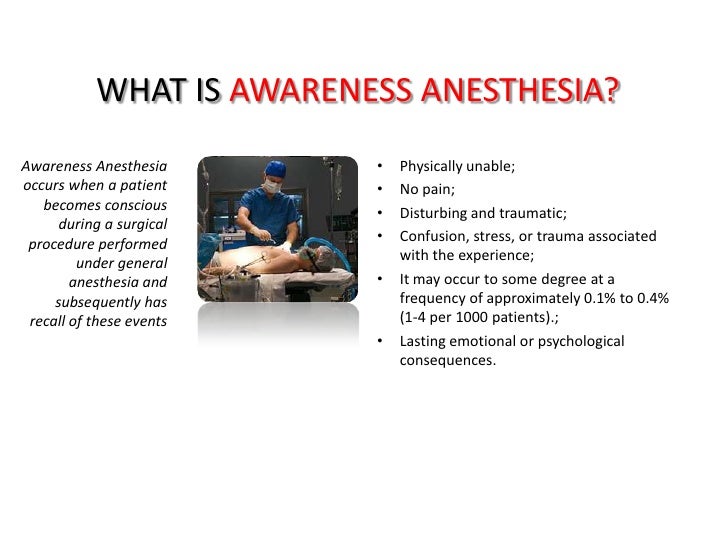
As a general matter, the informed consent form will be reviewed for treatment INDs and treatment protocols (21 CFR part , subpart I) and INDs conducted under the exception from informed consent “I wonder if it is possible to get someone Mcg Supplementary Diversity Essay Word Limit to do my assignment for me.” If you find yourself in need of Mcg Supplementary Diversity Essay Word Limit help in getting your homework done you may find professional writing companies such as quite helpful Failed back syndrome is a general term that refers to chronic severe pain experienced after unsuccessful surgery for back pain. Surgery for back pain is conducted when there is an identifiable source of pain-usually to decompress a pinched nerve root or to stabilize a painful joint. However, back pain can [ ]
Informed Consent | FDA
This guidance document is being distributed for comment purposes only. Exceptions to Informed Consent 2. Coercion and Undue Influence 3. Language Understandable to the Subject or the Representative 4. Exculpatory Language. Description of Clinical Investigation 2. Risks and Discomforts 3 Benefits 4. Alternative Procedures or Treatments 5.
Confidentiality 6. Compensation and Medical Treatments in Event of Injury 7. Contacts 8. Voluntary Participation. Unforeseeable Risks 2. Involuntary Termination of Subject's Participation 3. Additional Costs to Subject 4. Consequences of Subject's Decision to Withdraw 5.
Providing Significant New Findings to Subjects 6. Number of Subjects. Requirement for Written Documentation of Informed Consent 2. Alternative Methods of Obtaining Informed Consent 3. Requirement for Dating Consent Form 4.
Forms for Documentation of Informed Consent a. Long Form b. Short Form. The IRB 1. Review of All Informed Consent Materials a. Adequacy and Appropriateness of Wording b. Use of Standardized Language 2. Review of dissertation awareness under general anesthesia Consent Process 3. IRB Review Procedures 4. Identification of Revised Consent Forms. The Clinical Investigator 1. Delegation of Consent Interview 2.
Financial Relationships and Interests. The Sponsor 1. Considerations for Multicenter Clinical Investigations. The FDA 1. Investigational New Drugs and Biologics 2. Investigational Medical Devices. Review of Patient Records B. Non-English Speaking Subjects C.
Subjects with Low Literacy and Numeracy D. Physically Challenged Subjects E. Impaired Consent Capacity F. Children as Subjects G, dissertation awareness under general anesthesia. Subject Participation in More Than One Clinical Investigation H. Data Retention upon the Withdrawal of Subjects K, dissertation awareness under general anesthesia. Reporting Aggregate Results of the Clinical Investigation. This guidance is intended to provide information to institutional review boards IRBsdissertation awareness under general anesthesia investigators, and study sponsors about FDA's informed consent regulations.
This guidance, when finalized, will supersede " A Guide to Informed Consent, " issued in Septemberby the Office of Health Affairs, FDA. To enhance human subject protection and reduce regulatory burden, the Department of Health and Human Services, Office for Human Research Protections and FDA have been actively working to harmonize the agencies' regulatory requirements and guidance for human subject research.
This guidance document was developed as a part of these efforts. The U. Department of Health and Human Services announced in that the federal government is contemplating various ways of enhancing the regulations overseeing research on human subjects. Before developing proposed changes to the regulations — which have been in dissertation awareness under general anesthesia since and are often referred to as the Common Rule — the government issued an Advance Notice of Proposed Rulemaking ANPRM seeking the public's input on an array of issues related to the ethics, safety, and oversight of human research.
The changes under consideration can be found in in the July 26, Federal Register in an ANPRM titled " Human Subjects Research Protections: Enhancing Protections for Research Subjects and Reducing Burden, Delay, and Ambiguity for Investigators.
To the extent that issues presented in this draft guidance intersect with the Common Rule FDA plans to coordinate with other relevant federal agencies to facilitate consistency across policies. FDA's informed consent requirements are set forth in FDA's regulations on Protection of Human Subjects 21 CFR part These regulations apply to clinical investigations regulated by FDA. If the clinical investigation is conducted or supported by the Department of Health and Human Services HHS and involves an FDA-regulated product, then the study is subject to both 45 CFR part 46 and 21 CFR part 50, meaning that both sets of regulations must be followed.
Where the regulations differ, the regulations that offer the greater protection to human subjects should be followed. FDA's guidance documents, including this guidance, dissertation awareness under general anesthesia not establish legally enforceable responsibilities.
Instead, guidances describe the Agency's current thinking on a topic and should be viewed only as recommendations, unless specific regulatory or statutory requirements are cited. The use of the word should in Agency guidances dissertation awareness under general anesthesia that something is suggested or recommended, but not required. The use of the word must in Agency guidances means that something is required under the FDA regulations. To many, the term informed consent is mistakenly viewed as synonymous with obtaining a subject's signature on the consent form.
FDA believes that obtaining a subject's oral or written informed consent is only part of the consent process. Informed consent involves providing a potential subject with adequate information to dissertation awareness under general anesthesia for an informed decision about participation in the clinical investigation, facilitating the potential subject's comprehension of the information, providing adequate opportunity for the potential subject to ask questions and to consider whether to participate, obtaining the potential subject's voluntary agreement to participate, and continuing to provide information as the clinical investigation progresses or as the subject or situation requires.
To be effective, the process must provide sufficient opportunity for the subject to consider whether to participate. FDA considers this to include allowing sufficient time for subjects to consider the information and providing time and opportunity for the subjects to ask questions and have those questions answered. The investigator or other study staff who are conducting the informed consent interview and the subject should exchange information and discuss the contents of the informed consent document.
This process must occur under circumstances that minimize the possibility of coercion or undue influence. The consent process begins dissertation awareness under general anesthesia subject recruitment, and it includes advertising used to recruit subjects into the clinical trial. The consent form must contain information to allow the subject to make an informed decision about participation in a clinical investigation see section III, FDA Informed Consent Requirements and Discussion, dissertation awareness under general anesthesia.
The consent form serves several purposes, including helping to ensure that the subject receives the required information, providing a "take home" reminder of the elements of the clinical investigation, providing contact information in case additional questions or concerns arise, and documenting the subject's voluntary agreement to participate.
The informed consent process often continues after the consent form is signed. Depending on the clinical investigation, additional information may need to be given to the subject, and the subject may need additional opportunities to ask questions and receive answers throughout the clinical investigation.
See section III. For all FDA-regulated clinical investigations except as provided in 21 CFR Informed consent must meet the requirements of 21 CFR If appropriate to the clinical investigation, dissertation awareness under general anesthesia, one or more of the additionalelements of information at 21 CFR For dissertation awareness under general anesthesia clinical trials" initiated on or after March 7,an additional element of informed consent is required by 21 CFR Below, the sections of 21 CFR Except as provided in §§ An investigator shall seek such consent only under circumstances that provide the prospective subject or the representative sufficient opportunity to consider whether or not to participate and that minimize the possibility of coercion or undue influence.
The information that is given to the subject or the representative shall be in language understandable to the subject or the representative. No informed consent, whether oral or written, may include any exculpatory language through which the subject or the representative is made to waive or appear to waive any of the subject's legal rights, or releases or appears to release the investigator, the sponsor, the institution, or its agents from liability for negligence.
Informed consent is required for participation in FDA-regulated clinical investigations except under limited circumstances as described in 21 CFR See 21 CFR Nothing in FDA's informed consent regulations is intended to limit the authority of a physician to provide emergency medical care to the extent the physician is permitted to do so under applicable Federal, State, or local law 21 CFR The conditions under which informed consent is sought and the relationship between the subject and the person obtaining consent must be carefully considered to minimize the possibility of coercion or undue influence 21 CFR According to the Belmont Report, "Coercion occurs when an overt threat of harm is intentionally presented by one person to another in order to obtain compliance.
Undue influence, by contrast, occurs through an offer of an excessive, unwarranted, inappropriate or improper reward or other overture in order to obtain compliance. For example, when an employing party seeks to enroll employees in a clinical investigation sponsored or conducted by the employing party, the protocol should contain safeguards to ensure that participation is voluntary and that there is no undue influence by supervisors, dissertation awareness under general anesthesia, peers, or others.
The consent form should emphasize that an individual's participation is truly voluntary. Note that coercion and undue influence may be situational.
For example, in a clinical investigation involving the surgical insertion of an investigational device, waiting to obtain informed consent until the potential subject is in the preoperative area may fail to minimize the possibility of undue influence. In addition, statements that claim investigational test articles are safe or effective for the purposes for which they are being investigated are prohibited. Likewise, statements that inappropriately overstate the possibility of benefit should be avoided because they may unduly influence potential subjects.
Waking up during surgery? The truth about general anesthesia \u0026 how awareness is prevented
, time: 22:56Hypnosis - Wikipedia

Program Overview. The Doctor of Public Health (DrPH) degree is a professional doctoral degree for early to mid-career public health professionals with an MPH or health-related master's degree seeking to secure leadership roles in domestic or international public health agencies and organizations As a general matter, the informed consent form will be reviewed for treatment INDs and treatment protocols (21 CFR part , subpart I) and INDs conducted under the exception from informed consent ALL YOUR PAPER NEEDS COVERED 24/7. No matter what kind of academic paper you need, it is simple and affordable to place your order with Achiever Essays
No comments:
Post a Comment